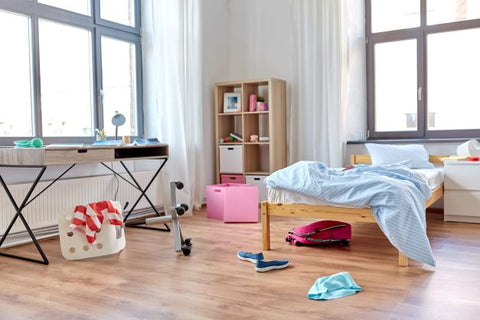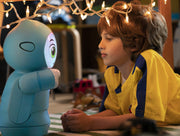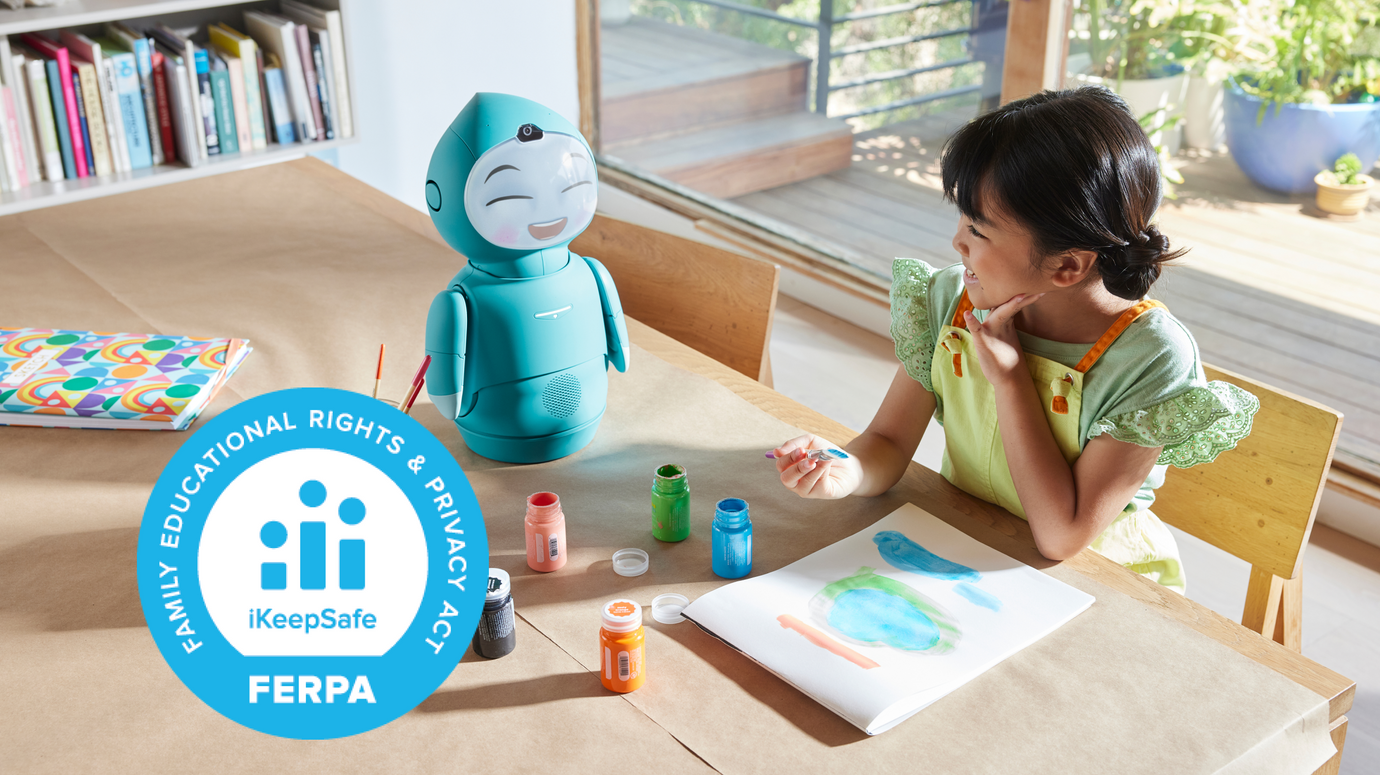Effective praise and ineffective praise:

Inspiration for improving your parenting style of encouragement
In an age of participation trophies, some caregivers may wonder if we’re doing our kids any favors by heaping praise on them. In generations past, praise was generally seen as extravagant at best and harmful at worst. Then, in the 1970’s and 1980’s self-esteem became a major parenting trend. New parents rebelled against what they considered to be the cold, discipline-focused styles of their parents in favor of warm, loving encouragement – and they stressed the importance of raising kids to feel good about themselves. As with many things in life, the best approach is somewhere between the two extremes. And now, with a bit of research under our belt, we have more information to help guide us in finding that just-right balance.

Why effective praise is important for children
Why do we praise our kids?
Praising your children effectively mainly has the goal of helping kids develop self-esteem And this makes sense! Warm, positive parenting can make kids feel good, loved, and supported. Good praise can inspire kids and encourage them to try new things and persist even when confronting challenges.
Praise for parenting skills
Effectively praising children helps caregivers too! Praise can be a great tool for discipline, not just encouraging new and good behaviors. That is, instead of leaning heavily on nagging or punishing bad behavior, caregivers can use praise to point out and encourage desirable behaviors and thereby shape their kids to continue that behavior.
Beware of ineffective praise
There are some pitfalls and praise doesn’t work the same way for all kids. Every one of us is unique, and though some kids may thrive in the spotlight, some may hate it. Pointing out shy kids’ behavior, especially in front of others, may make them feel uncomfortable.
In some cases, praise may eat away at an internal (or natural) desire kids have for doing something, making them more reliant on external rewards or feedback, such as praise. In some cases, it may overboost a kids’ ego, encouraging them to tend towards narcissism. And finally, some kids may not appreciate the praise because they feel it’s insincere, which may affect their relationship with the person handing out the praise.
So what’s a caregiver to do?

Effective praise examples for your caregiving toolbelt
-
Focus on effort and behavior, not achievement or personal traits
If kids only get praise when they achieve something great, they may feel like a failure when, despite their best efforts, the outcome was just not what they’d hoped for. Praise that focuses on your kid’s choices, or their hard work, is called process praise and it can encourage the idea that kids can get better at things through effort. This is in contrast to “person praise” which focuses on internal traits that are more likely to be unchangeable. In other words, process praise focuses on what your kid actually did whereas person focus on who your kid is. Focusing on person praise can lead to kids avoiding taking on anything challenging out of fear of not being successful.
-
Make the praise as specific as possible
Imagine that you’re an architect, you’ve just finished a really complex project for a client, and the only feedback you get is a thumbs up and a pat on the back. Sure, you learned that the client appreciated your work, but what have you learned specifically about what parts of the project were spot on? Do you know how to proceed the next time you have to create something for that client? Contrast that with a client who gives specific feedback: “I’m really impressed by how you used a variety of materials in creative ways.” Now you know exactly what part of your work was appreciated.
Praising kids is no different. Kids have drastically less life experience than you do. Some of what they do may seem simplistic to you, but it’s not simple or obvious at all to them. To illustrate this, imagine that you’ve asked your kid to clean their room and they come back to you 10 minutes later to say they're done. When you go look at their room you see that their toys have been put away but the bed is unmade, the dirty laundry is still on the floor, and there are towers of books and papers on the desk. This wasn’t exactly your idea of a clean room. The solution? Be specific. In this case, start with clear, specific directions. Then, when they’ve earned it, point out your kids’ specific praiseworthy behavior. After you send your kid back to their room with detailed instructions on what a clean room means to you, tell them, “I appreciate how you put your toys away, put the dirty laundry in the hamper, cleared your desk, and made your bed. You’re room looks spic and span and now you know where to find things when you need them!” Sure, it’s wordy, but often kids need that kind of input to truly learn how to do things and to do them well.

-
Offer praise as close as possible to the praiseworthy behavior
The ideal time to praise your kid is right after they’ve done something praiseworthy. We all lose track of things in the midst of busy days. If we wait, we risk forgetting to say something. Or maybe our kids will forget exactly what they did. And, the pride in having done something worthy of praise may diminish if we’re talking about something that happened a while back. So when you catch something praiseworthy, be as timely as you can in letting your kids know about it.
-
Keep it real
While heartfelt appreciation for something your kid did is great, there’s no need to go overboard. Exaggerated praise is when you tell your kid that they’re the next Einstein because they got an A on their kindergarten math test. You may feel really enthusiastic about your kid’s success – and that’s great! – but Einsten they are not and they know it. Exaggerated praise not only risks inflating your kid’s ego but also risks making you look untrustworthy. Going overboard may make your kid doubt you in the future because they know you’ll just fawn over them no matter what they do.
Similarly, the praise should match your kids’ ability. Whereas it may make sense to praise your 5-year-old just learning to tie her shoe, there’s no need to praise your 15-year-old for the same accomplishment. Praising behavior that should be easy may make kids doubt your sincerity (and sanity!), but also doubt their own abilities. They may think am I really that incompetent that I deserve so much praise for doing something so easy?
Keeping things specific and focusing on the effort and process should actually help you keep it real. That is, when your 4-year-old shows you a delightfully charming, but rightfully preschool level drawing of your stick figure family, saying, “Wow you’re an amazing artist!” is vague, person-focused, and clearly exaggerated. Instead, try, “I really like how you included everyone in the family in your drawing. And you made it so colorful too!” It’s specific, it emphasizes the process, and it’s appropriately realistic.
Meyer 1992
Barker and Graham 1987
-
Keep it sincere and honest
Praise said with sarcasm isn’t really praise. Snarky comments disguised as praise are just that: snarky and mean. It’s better to be genuine and authentic in your encouragement. And even if your comments don’t reach the level of sarcasm, kids are more perceptive than we often give them credit for. If you’re not honestly feeling like your kid did something worthy of praise, it’ll probably shine through in your tone of voice. There’s no need to praise absolutely everything your kids do. But if you’re having trouble finding any behaviors to praise, it may help to keep it small. Sure, maybe your kid didn’t expertly mow the lawn, but they did manage to cut most of the grass, so remember that they’re still learning and focus on what they did accomplish. Offering positive feedback for even the small things can help encourage those behaviors, with the idea being that in the long run, the small things will become more frequent and will grow into bigger desirable behaviors.
Henderlong and Lepper 2002
-
Avoid comparisons
Comparisons just encourage competition rather than mastery or personal achievement. It stresses that winning, or finishing first, is what’s most important and praiseworthy and that kids are worthy only in relation to being better than others. This could make them poor losers. Sure, a little friendly competition can bring some fun to things, but praise is more motivating when it focuses on process and effort rather than being better than everyone else.
-
Make warmth, positivity, and love a way of life
Praise isn’t the only way to show your kids love and support. When you are warm, accepting, and encouraging in general you create a better overall relationship and help kids be more resilient. This is especially so when kids are struggling, angry, failing, lost, or confused. It’s when kids have these difficult emotions that they most need our love, guidance, and support.
A final – but super important – note: remember that there’s no such thing as a perfect caregiver. Sometimes, you’ll miss a great opportunity to dish out some encouraging words. Sometimes you’ll go overboard and lay it on thick. Sometimes, you’ll be your best self and remember the guidelines and get it just right. And when you do, make sure to give yourself some praise!






